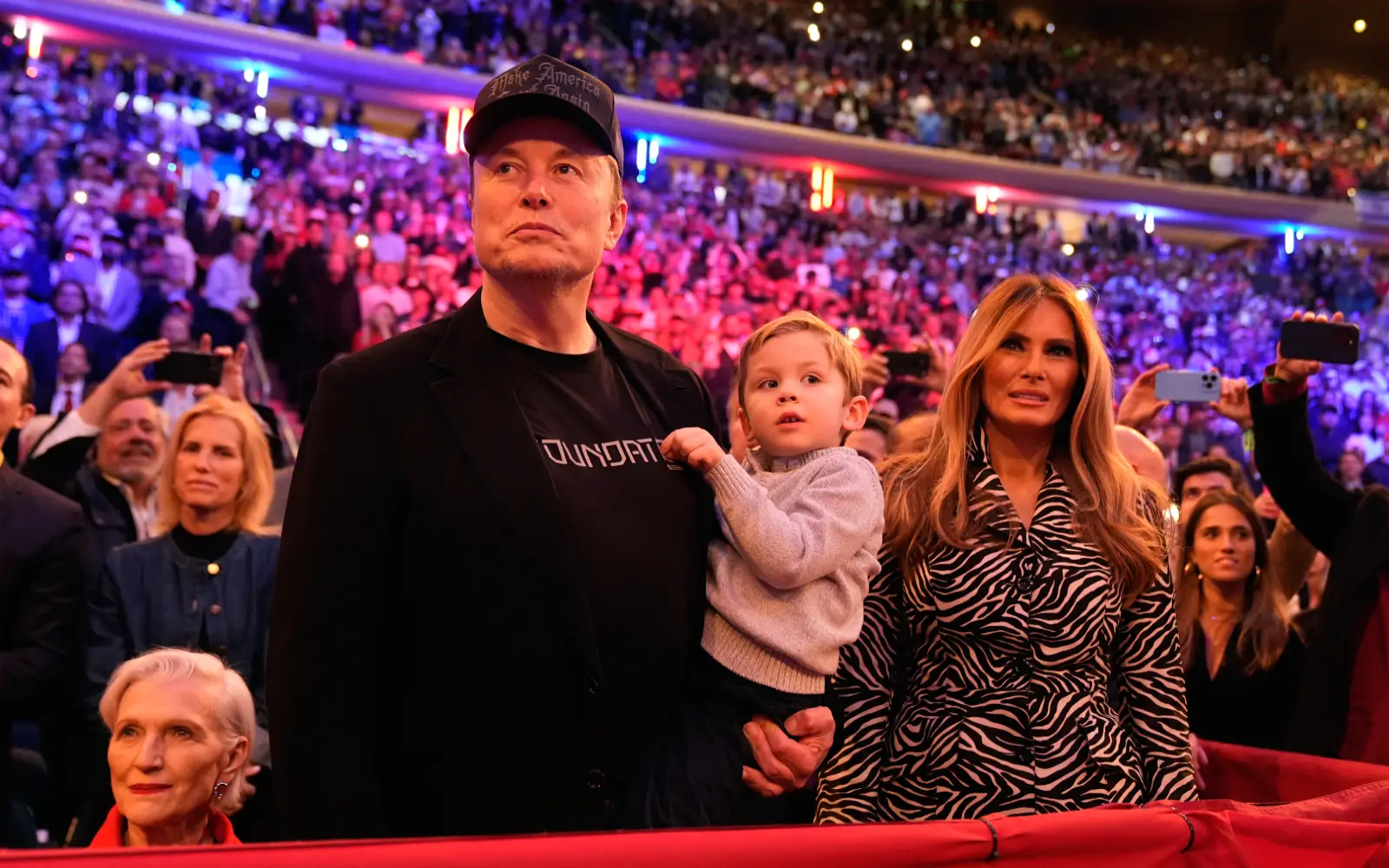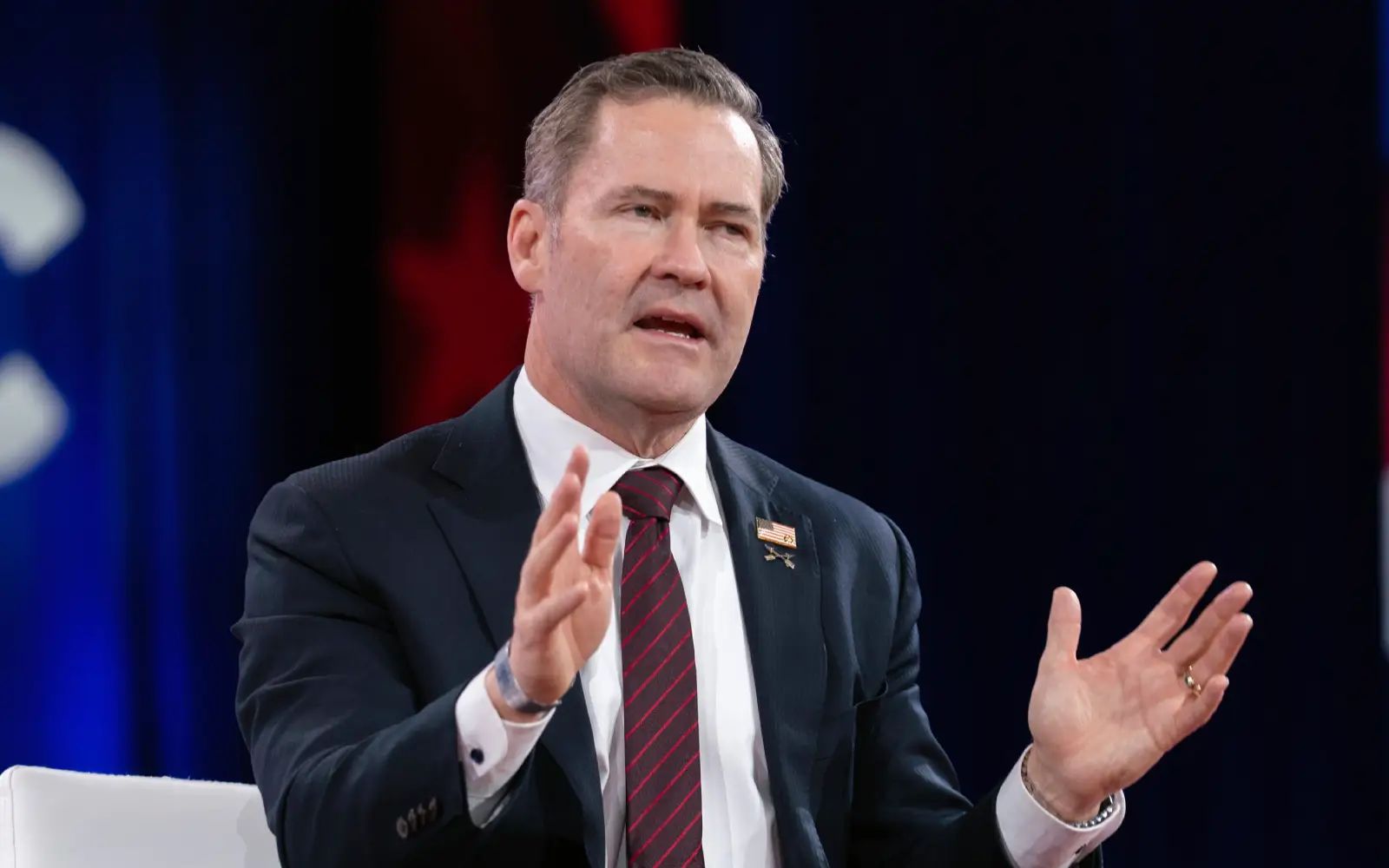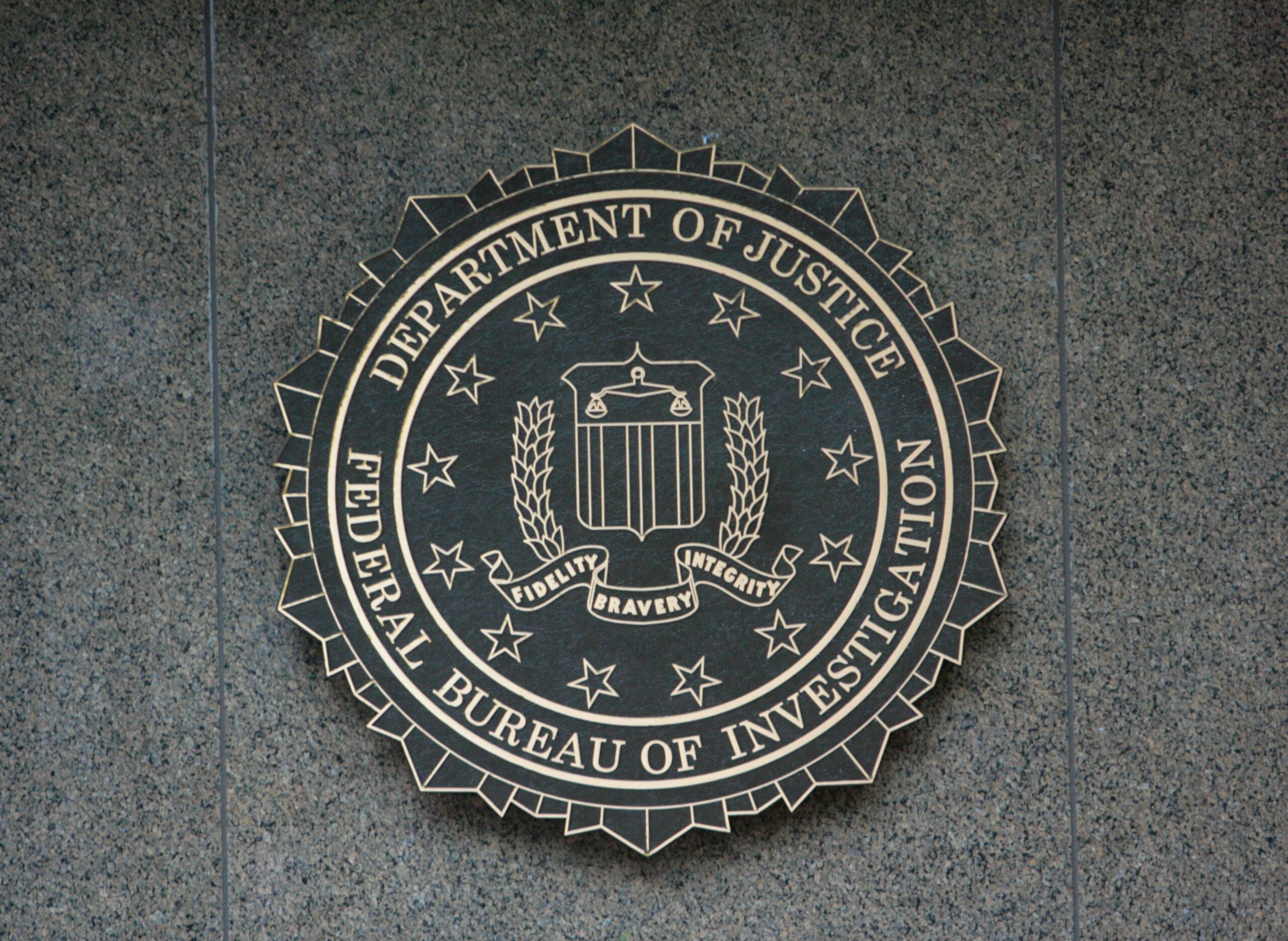Who Owns the World’s Seeds?
For millennia, agriculture has thrived on the foundation of shared seed knowledge, where farmers have freely exchanged, saved, and bred crops to ensure food security and biodiversity. This system of open agricultural innovation has been the bedrock of global food systems, allowing civilizations to adapt to changing climates, pests, and environmental conditions. However, in the past few decades, an alarming shift has occurred—one that threatens to concentrate control over the genetic foundation of agriculture in the hands of a few powerful corporations.
Through the aggressive patenting of genetically modified crops, gene-editing techniques, and even naturally occurring plant traits, biotechnology firms have established intellectual property monopolies over seeds, giving them unprecedented influence over global food production. Companies such as Bayer (formerly Monsanto), Corteva, Syngenta, and BASF have not only engineered new crop varieties but have legally restricted the rights of farmers to save and replant their own seeds. This move has effectively transformed seeds—the fundamental building blocks of food—into private property controlled by multinational corporations.
The consequences of this shift are profound. By limiting seed access, corporations are increasing farmer dependency on proprietary seed technologies, inflating food prices, and reducing biodiversity. Farmers who traditionally relied on seed-saving and breeding practices are now legally prohibited from doing so if their crops contain patented traits, even if those traits appeared due to cross-pollination from nearby fields. As climate change continues to threaten food security worldwide, the question of who controls seeds is more urgent than ever. If corporations succeed in fully privatizing the genetic resources of agriculture, the world’s food supply will be dictated by profit-driven interests rather than public need.
The Consequences of Corporate Seed Control
Loss of Seed Sovereignty
For centuries, farmers around the world have relied on the practice of saving and replanting seeds, which has enabled them to adapt crops to local environments, develop resistance to pests and diseases, and maintain biodiversity. This traditional method has ensured resilient and sustainable food production, but corporate seed monopolies have placed severe legal restrictions on these practices. Farmers who use patented seeds are required to sign licensing agreements that prohibit them from saving or replanting harvested seeds, effectively forcing them into a cycle of purchasing new seeds each planting season.
This loss of seed sovereignty has transformed farmers from independent cultivators into dependent consumers of corporate-controlled seeds. In many cases, biotech companies have taken legal action against farmers who attempt to save and replant their crops, even when the patented traits naturally appeared due to cross-pollination from neighboring fields. This has led to numerous lawsuits, where farmers have been forced to pay damages to corporations simply for growing crops that inadvertently contained patented genes. Such legal battles have driven many small-scale farmers into financial ruin, deepening corporate control over the global food system.
Beyond the legal implications, the erasure of traditional seed practices has devastating long-term consequences. When farmers are denied the right to save and exchange seeds, agricultural knowledge that has been passed down for generations is lost. Seed-saving practices are integral to food sovereignty movements worldwide, and their suppression threatens to erase centuries of agricultural wisdom. If corporate seed control continues unchecked, future farmers may find themselves entirely dependent on a handful of biotech firms for access to seeds, with no legal alternatives.
Increased Food Costs
One of the most immediate effects of corporate seed monopolization is the rising cost of food production. Patented seeds are significantly more expensive than traditional seeds, and because farmers cannot save them for future planting, they are forced to repurchase seeds every season. This has created an economic burden that has hit small-scale farmers particularly hard, especially in developing countries where profit margins are already razor-thin.
In India, for example, the widespread adoption of Bt cotton (a genetically modified strain designed to resist pests) has led to a dramatic increase in seed prices. Farmers who were previously able to save seeds for free must now pay biotech companies year after year, leading to cycles of debt accumulation. In some cases, farmers who cannot afford the high costs of patented seeds turn to unregulated black markets, where illegal seed-saving practices have resulted in harsh legal consequences.
Higher production costs ultimately translate into higher food prices for consumers. When corporations control both the seed and the chemicals required to grow them, they can set prices without market competition. This drives up costs along the entire food supply chain, making food less affordable for billions of people worldwide. The irony is that biotech companies claim that GMOs and patented seeds are needed to “feed the world,” yet their corporate policies have made food more expensive and inaccessible for vulnerable populations.
Decreased Genetic Diversity
One of the most dangerous consequences of corporate seed control is the rapid loss of genetic diversity. In their pursuit of high-yield, commercially profitable crop varieties, biotech firms have encouraged large-scale monocultures, where vast agricultural lands are planted with genetically identical crops. While this may increase short-term efficiency, it drastically reduces the resilience of food systems in the face of disease outbreaks, climate shifts, and evolving pests.
The case of Bt corn and Fall Armyworm infestations illustrates this vulnerability. In both Africa and South America, where Bt corn was heavily promoted as a pest-resistant solution, the Fall Armyworm quickly evolved resistance to the genetically modified trait, leading to massive crop failures. Farmers who had once been self-sufficient were left with no viable alternatives, as traditional corn varieties had been largely replaced by corporate-controlled GMOs.
Genetic diversity is critical for food security, yet corporate seed monopolies have actively eroded this diversity by pushing farmers toward a limited selection of patented crops. When only a handful of genetically uniform seed varieties dominate global agriculture, the risks of mass crop failure increase exponentially. Without access to diverse crop varieties, farmers lose their ability to adapt to changing conditions, making the entire food system more vulnerable to shocks and crises.
Legal and Economic Exploitation of Farmers
Biotech corporations have gone to extreme lengths to enforce their seed patents, often targeting small-scale farmers in high-profile legal battles. Companies like Monsanto (now part of Bayer) have been notorious for suing farmers who unknowingly grew patented crops that had cross-pollinated from neighboring farms. These lawsuits have devastated farming communities, forcing individuals into bankruptcy while setting legal precedents that further solidify corporate control.
The economic exploitation extends beyond legal action. Many biotech firms implement contractual agreements that trap farmers in cycles of dependency. Some agreements require farmers to purchase additional corporate-owned chemicals—such as specific herbicides that only work with patented seeds—further increasing their financial burden.
This corporate-driven model of agriculture prioritizes profit over people, shifting power away from farmers and toward multinational agribusiness giants. As these companies expand their patent portfolios, fewer farmers have access to non-patented, freely available seeds, reinforcing economic dependence on corporate agriculture.
Corporate Control Over Global Food Supply
Perhaps the most concerning consequence of seed patenting is the consolidation of control over the global food supply. Today, four major biotech corporations—Bayer, Corteva, Syngenta, and BASF—control over 60% of the world’s commercial seed market. This level of corporate consolidation gives these companies the power to dictate seed prices, restrict access, and even influence global agricultural policies.
With food security challenges on the rise, the ability of a handful of corporations to control what crops are grown, how they are cultivated, and who has access to seeds poses a direct threat to global stability. If left unchecked, this trend could lead to a future where food is no longer a basic human right, but a commodity controlled by private interests.
Who Will Control the Future of Food?
The battle over seed sovereignty is not just about agriculture—it is about the fundamental right to food, economic justice, and the long-term sustainability of the planet. As corporate seed monopolies grow stronger, the fight for control over global food systems intensifies. Will future generations inherit a world where food security is dictated by multinational corporations, or can farmers, activists, and policymakers reclaim the genetic resources of agriculture for the public good? The answer will determine the fate of the world’s food supply—and humanity’s survival.













